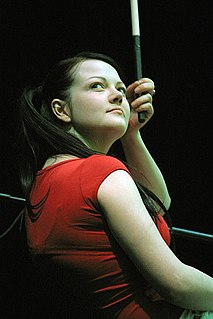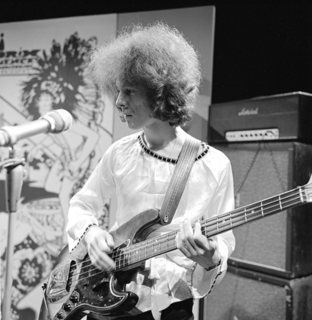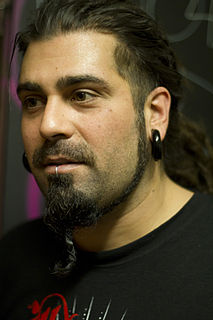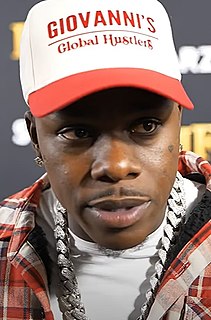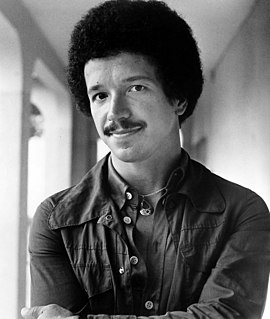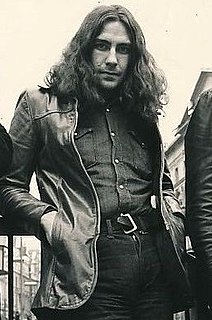A Quote by Meg White
I remember rehearsing it, and it was the one that we were really excited about and thought would sound the best, and once it was down on tape, it was like, This doesn't actually sound that good.
Related Quotes
When we sit in meditation and hear a sound, we think, 'Oh, that sound's bothering me.' If we see it like this, we suffer. But if we investigate a little deeper, we see that the sound is simply sound. If we understand like this, then there's nothing more to it. We leave it be. The sound is just sound, why should you go and grab it? You see that actually it was you who went out and disturbed the sound.
It seems like the powers that be are really trying to separate everything and really divide the genres and divide the trends. If you're metal and you don't sound like Slayer would sound now, then you're not metal. If you're punk rock and you don't sound like and preach about what The Sex Pistols would have preached about back in the day, then you're not really punk rock.
The first record was basically a quick, fast record. The second record, we were going for more of a poppier sound - like a heavy pop sound. For 'Rocket to Russia,' we'd sort of reached our pinnacle. We'd gotten really good at what we were doing, so that's like my favorite record - that's a really good record. It's just great from beginning to end.
In fact, quite a lot of what I do has to do with sound texture, and, you can't notate that. You can't notate the sound of "St. Elmo's Fire." There's no way of writing that down. That's because musical notation arose at a time when sound textures were limited. If you said violins and woodwind that defined the sound texture; if I say synthesizer and guitar it means nothing - you're talking about 28,000 variables.
